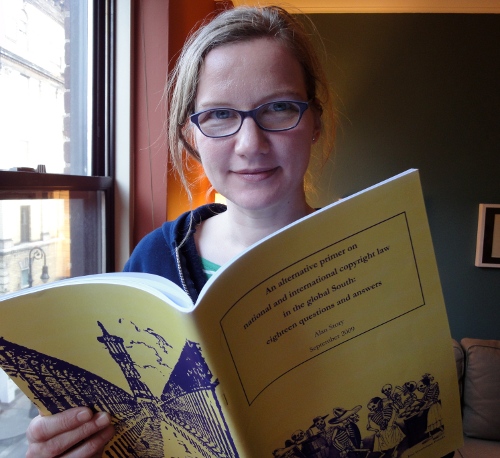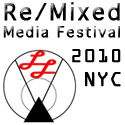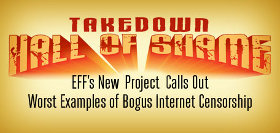An embarrassing misunderstanding…

Well, this is embarrassing. It seems I misheard a talk by Richard Stallman a few years ago and got confused about a key word (in my defense, I was sitting in the back, so it was hard to hear clearly). I recently had a chance to look over a transcript of that talk, and it turns out the issue isn’t copyright at all. It’s COFFEEright — meaning not just access to a good cup o’ joe, but the right to brew your own, to have your own espresso machine, to roast your own beans, and even to sell or give away coffee to others without a license.
“Copyright”, on the other hand, is pretty uncontroversial: it’s the right of publishing conglomerates to pursue a monopoly-based business model free from competition by new technologies. Which, when you think about it, is only fair.
As you can see, we’ve already come up with a new logo, and over the next few weeks we’ll be going through a complete rebranding process, as we switch to focus on the real injustice and launch our new web site QuestionCoffeeright.org. We’ve also filed amended articles of incorporation with the state of California and the IRS, to update our mission while keeping our non-profit status.
We ask for understanding and patience from all our donors. Now, there’s a good chance that many of you simply misread our web site name anyway and assumed all along that you were donating to QuestionCoffeeright.org. In that case, you can rest assured that all of your donation will be used for the purpose you intended. However, a few people may have gotten the wrong impression from our rhetoric and come away with the idea there was something wrong with copyright. If you donated under that misimpression, and you wish your money returned, we will honor the request… But please consider allowing us to keep your donation to use toward our new mission. The history of coffeeing and coffeeright is badly misunderstood, and we feel we are in a good position to affect public discourse about this important beverage, which has only become more important in the age of the Internet.
On behalf of the entire QuestionCoffeeright.org team, thank you for your support as we embark on this difficult but necessary transition.
-Karl Fogel
Editor






